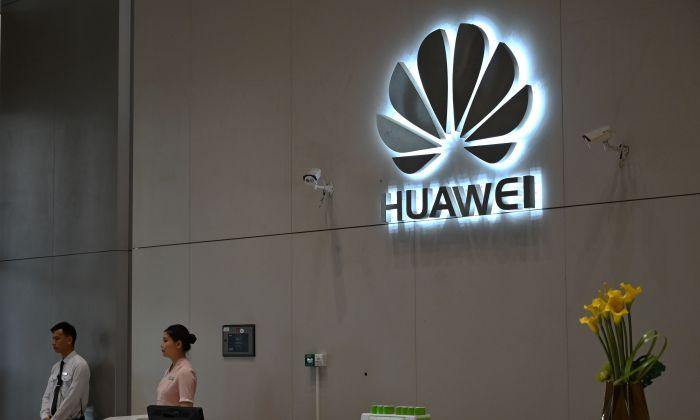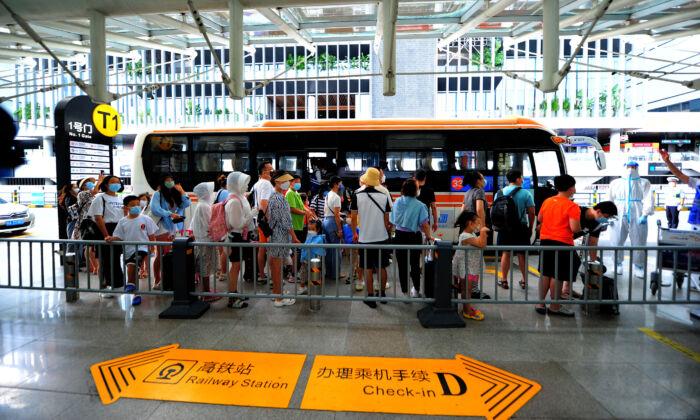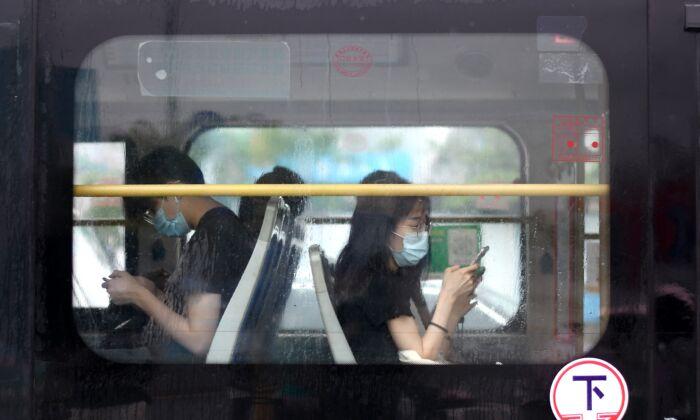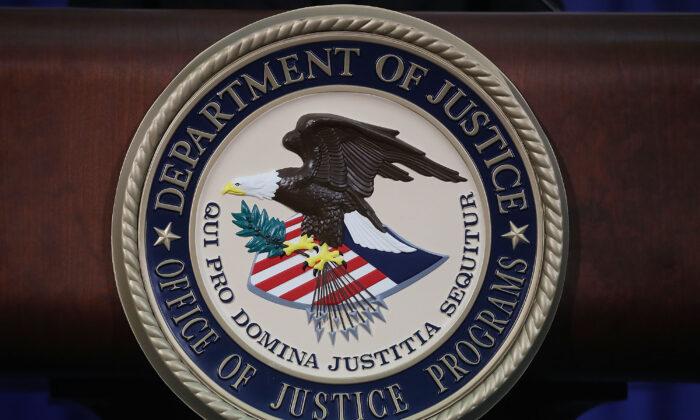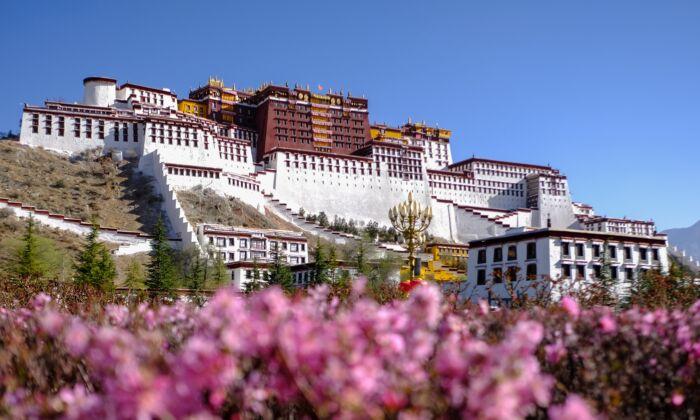U.S. prosecutorial evidence used to charge Chinese telecom giant Huawei and its CFO Meng Wanzhou in the federal case accusing them of violating U.S. sanctions on Iran may never be shown to the company because they are deemed too sensitive.
Currently, defendant Meng is in Vancouver, awaiting extradition hearings. The Chinese regime has retaliated against Canada for Meng’s arrest by detaining Canadians in China, blocking imports of Canadian canola, encouraging the boycott of Canadian goods, and more.
Sensitive Evidence
The U.S. government has indicted Huawei and Meng for engaging in bank fraud in order to conduct business with Iran via an unofficial Hong Kong-based subsidiary, Skycom Tech.On June 19, U.S. District Judge Ann Donnelly scheduled a Sept. 4 hearing to determine Cole’s qualification. That same day, Bloomberg reported that the case contained sensitive evidence.
Bloomberg quoted prosecutor Alexander Solomon as saying that Huawei’s American lawyers have received at least 700,000 pages of evidence from the court as part of typical litigation procedures, which they are not allowed to share with Meng.
The judge also restricted Huawei’s legal team members who are not American lawyers from accessing other evidence, labeled “sensitive” by the U.S. government. Bloomberg did not disclose which U.S. authority made the classification. The non-U.S. lawyers can only access the evidence “by certain witnesses in the presence of American lawyers,” according to the report.
The sensitive evidence is stored on a computer that is disconnected from the internet, and must remain in the United States. If members of Huawei’s legal team outside of the United States wish to review the documents, he or she can only review them in the presence of the company’s U.S. defense lawyers, according to Bloomberg.
If Huawei’s U.S. lawyers wish to share sensitive evidence with anybody outside of the United States, they have to notify the U.S. government in advance.
“What underlies all of this is the allegation that there are deep and close connections between Huawei and the Chinese government,” Bloomberg quoted U.S. former national security lawyer Ryan Fayhee as saying. “That’s why this presents differently than a traditional fraud case.”
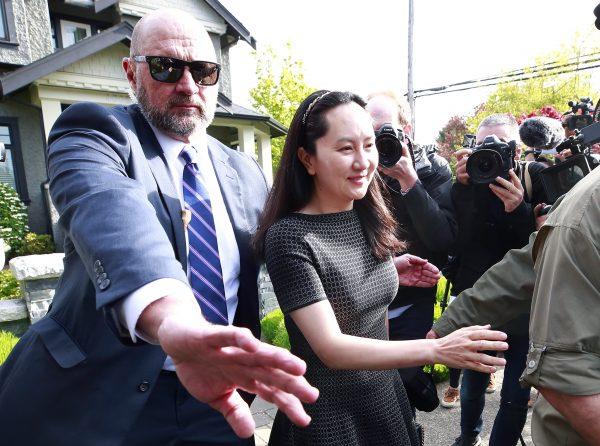
Awkward Dialogue
On June 17, Huawei organized a tech-themed dialogue held in Shenzhen City, Guangdong Province that was live-broadcasted by China’s state-run media CGTN.Ren Zhengfei, founder and CEO of Huawei and Catherine Chen, senior vice president of Huawei, were among a panel that included U.S. tech, economic, and political thinkers.
After a 75-minute talk about the global economy, a Q&A session was held with the audience, which included international media.
The first questions made comments that favored Huawei.
When it was American reporters’ turn to ask questions, the moderator, a CGTN reporter, changed the rule and said the panel would collect all the questions and then answer them later.
A reporter from the Washington Post asked Ren about Huawei’s sales situation, and how many U.S. companies supply Huawei now. U.S. authorities have placed the company on a blacklist that effectively bans it from doing business with U.S. firms.
Ren skirt around the question by emphasizing that the company’s Chinese market is doing well.
The speakers again skirted around the topic, with the moderator seemingly purposefully not raising the question with the panelists. But Nicholas Negroponte, American author and co-founder of the MIT Media Lab, remembered the question and said he was disappointed about the Chinese government’s censorship because many apps don’t work in China. When he tried to say more, the moderator noticed him and he then moved onto another topic - open research.
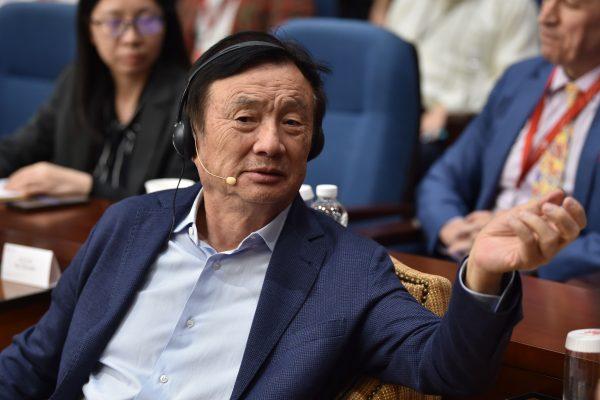
Huawei’s Advertisements
Meanwhile, days before the panel, media reported that Huawei had run Facebook advertisements attempting to dispel international criticisms about its products’ security risks, mostly directed at European users.Facebook blocked the ads, with the rationale that they were political in nature.
